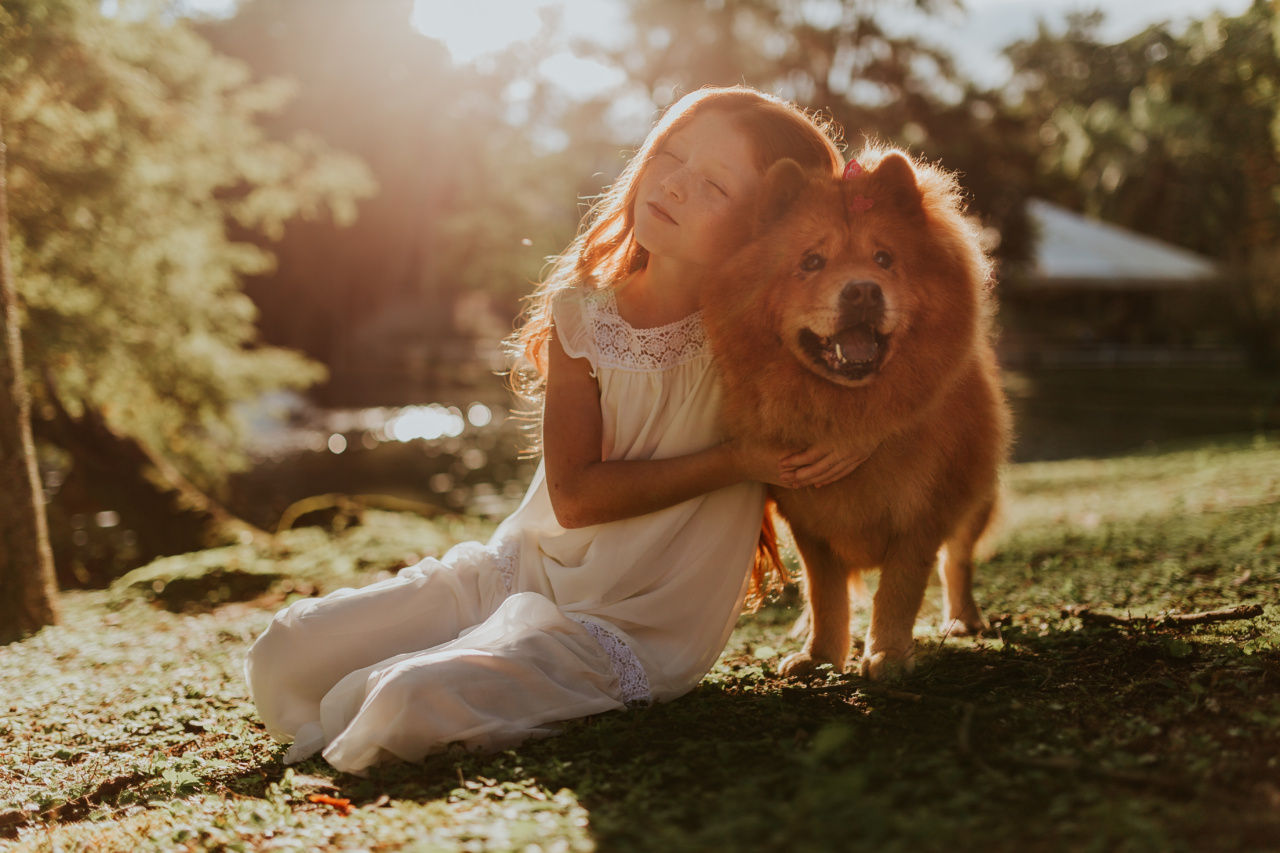Many families consider getting a pet for their children, and for good reason. While the main focus is often on the joy and companionship that pets can bring to a household, there are numerous other benefits that come with children growing up with pets.
From improved mental and physical health to developing important life skills, the positive impact of having a furry friend cannot be denied.
1. Emotional Development
Having a pet around can greatly contribute to a child’s emotional development. Pets provide unconditional love and support, which can help children feel more secure and confident.
They serve as non-judgmental companions who are always there to listen, reducing feelings of loneliness and increasing overall happiness. The bond between a child and their pet can be incredibly valuable in developing empathy, compassion, and a sense of responsibility.
2. Enhanced Social Skills
Pets also play an essential role in enhancing a child’s social skills. Owning a pet encourages interaction with others, whether it’s through taking the dog for a walk or joining a local pet club.
Children with pets often find it easier to approach and communicate with their peers, fostering friendships and improving their ability to cooperate and share. Pets can also serve as a conversation starter, helping children overcome shyness and build confidence in social settings.
3. Improved Physical Health
Children growing up with pets tend to have better physical health. Regular playtime and exercise with pets can help prevent childhood obesity and promote an active lifestyle.
Whether it’s chasing a ball in the backyard or going for a hike, pets provide a fun and engaging outlet for physical activity. Additionally, studies have shown that children who grow up with pets are less likely to develop allergies and have a stronger immune system.
4. Stress Reduction
The presence of a pet can have a calming effect on children, reducing stress and anxiety. Interacting with a pet releases endorphins, which are natural stress-fighting hormones.
Simply petting a dog or cat can help lower blood pressure and heart rate, promoting a sense of relaxation. Pets can also serve as a source of comfort during challenging times, providing a shoulder to lean on and a listening ear without judgment.
5. Responsibility and Empathy
Caring for a pet teaches children valuable life skills, including responsibility and empathy. From feeding and grooming to walking and cleaning up after them, children become accountable for their pet’s well-being.
This sense of responsibility helps them develop a routine, learn about commitment, and understand the importance of meeting the needs of another living being. Additionally, caring for a pet fosters empathy as children learn to recognize and respond to their pet’s emotions and needs.
6. Mental and Cognitive Development
Pets can have a significant impact on a child’s mental and cognitive development. Studies have shown that children who grow up with pets tend to have higher self-esteem, improved cognitive functioning, and better verbal skills.
Interacting with a pet can provide emotional support, reduce feelings of anxiety, and even improve attention span in children with ADHD. Pets also offer a non-judgmental audience for practicing reading aloud, helping children develop literacy skills with confidence.
7. Improved Emotional Well-being
Pets are fantastic companions for boosting emotional well-being. They provide unconditional love, which can be especially beneficial for children experiencing emotional challenges such as grief or loss.
Pets offer a source of comfort and stability during difficult times and can help children navigate their emotions. Owning a pet can also reduce symptoms of depression and anxiety, providing a sense of purpose and a reason to engage in daily activities.
8. Life Lessons and Coping Skills
Growing up with pets exposes children to various life lessons and helps them develop important coping skills. Children learn about life and death, as they may experience the loss of a pet at some point.
This experience teaches them about grief, resilience, and the importance of cherishing special moments. Pets also teach children about patience, understanding, and the value of unconditional love, preparing them for future relationships and responsibilities.
9. Increased Sense of Security
Pets provide an increased sense of security for children, especially in their own homes. Knowing that there is a loyal companion watching over them can help children feel safer and more protected.
Pets can act as an early warning system, alerting children and their parents to potential dangers or unfamiliar sounds. This added security can contribute to better sleep quality and a greater overall sense of peace for children.
10. A Lifelong Bond
Lastly, growing up with a pet often results in a lifelong bond between the child and their furry friend. The memories, experiences, and companionship shared throughout the formative years create a special connection that can endure a lifetime.
This bond can provide comfort and support during challenging times, as well as countless moments of joy and laughter.
Conclusion
From emotional development to enhanced social skills, the benefits of children growing up with pets are numerous and profound. Pets provide unconditional love, companionship, and valuable life lessons that no other experience can replicate.
By sharing their lives with a furry friend, children establish lifelong bonds and gain valuable skills that will benefit them well into adulthood. The decision to bring a pet into your family can truly be a wonderful gift for both your child and their four-legged companion.





























